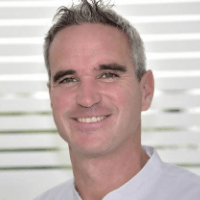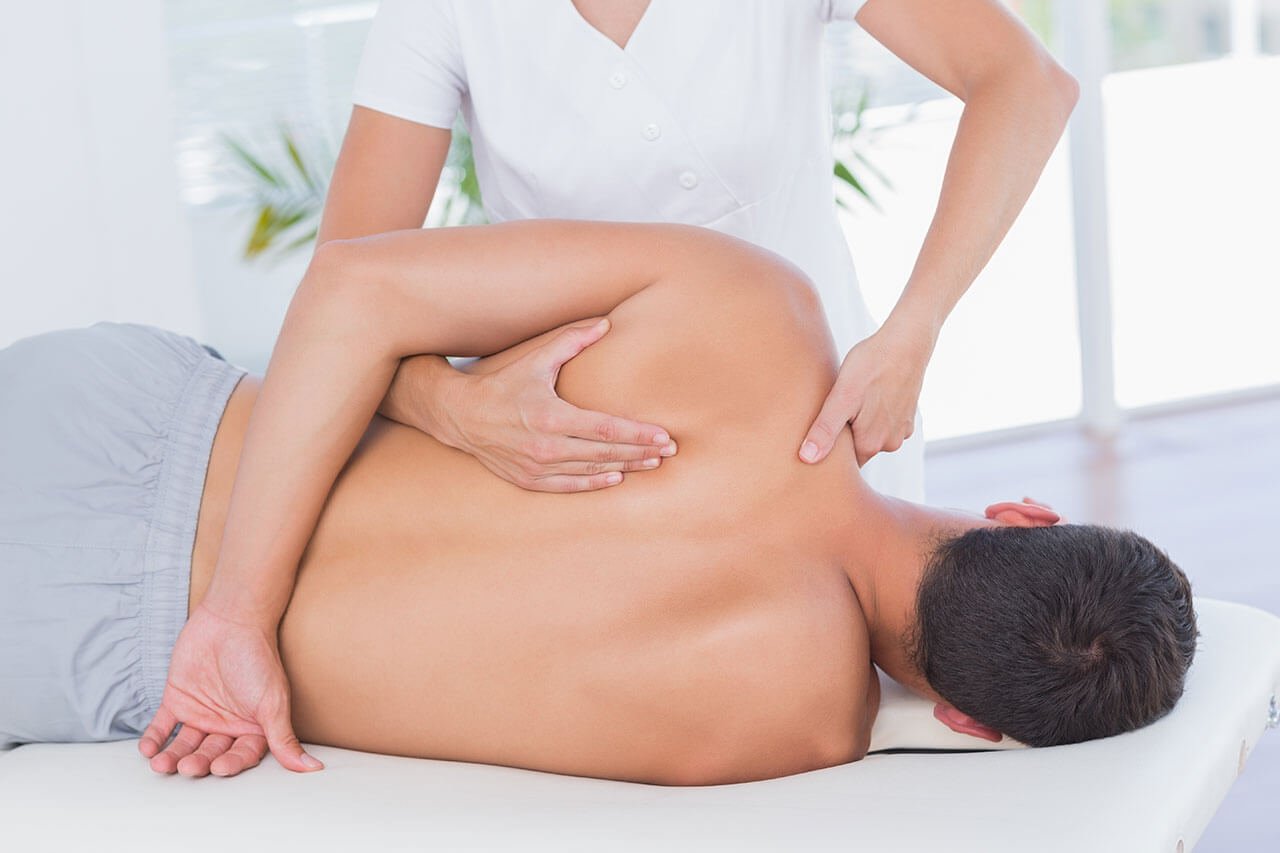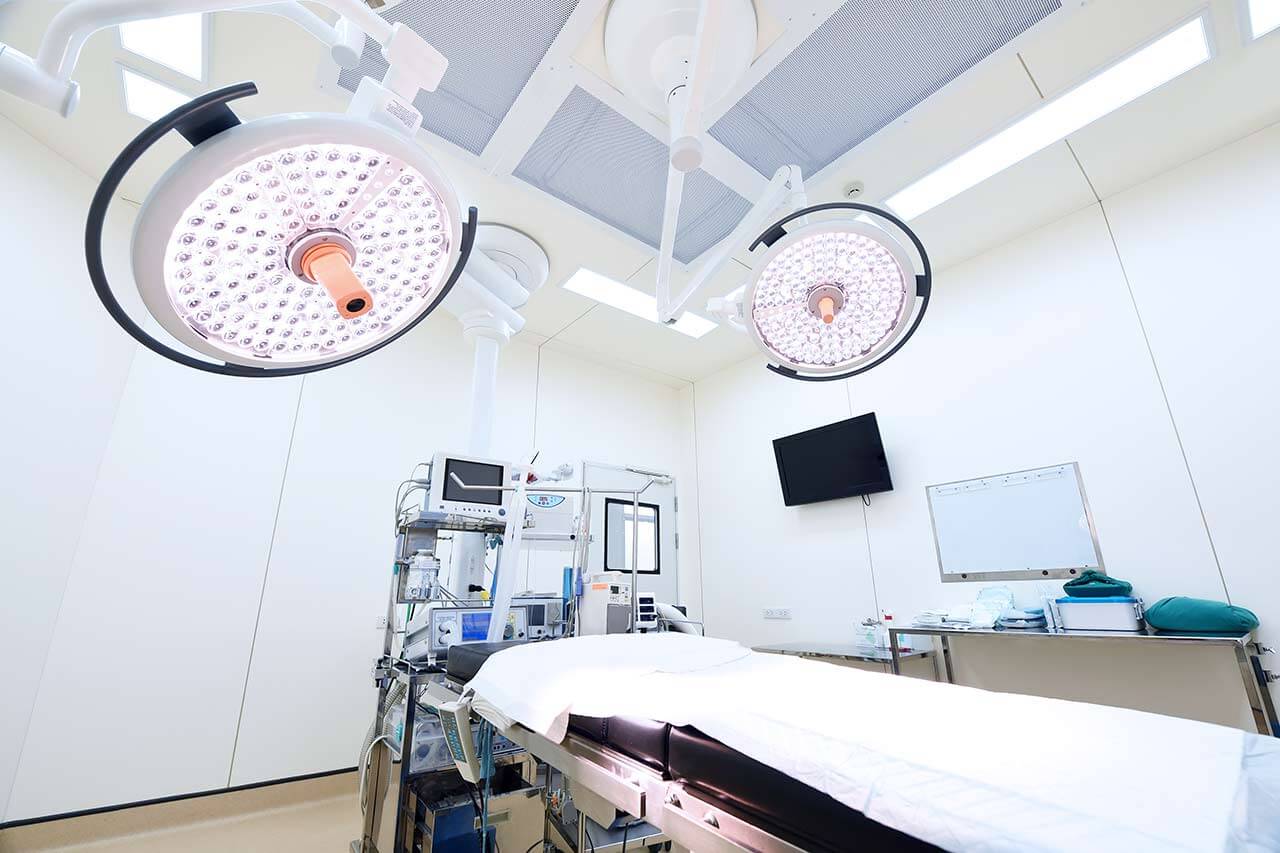
The program includes:
- Initial presentation in the clinic
- clinical history taking
- physical examination
- review of medical records
- laboratory tests:
- complete blood count
- biochemical analysis of blood
- lipid metabolism (HDL/LDL, cholesterol, triglycerides)
- kidney function tests (creatinine, urea)
- coagulation tests (aPTT, PT, INR)
- inflammation indicators (CRP, ESR)
- X-ray examination of the elbow joint
- CT/MRI scan of the elbow joint (if indicated, 650/1200 €)
- injections of ACP (3x)
- nursing services
- consultations of related specialists
- treatment by chief physician and leading experts
- explanation of individual treatment plan
- written statement
How program is carried out
During the first visit, the physician conducts a clinical examination and goes through the results of previous diagnostic procedures. After that, you will undergo the necessary additional examinations, such as the laboratory blood and urine tests, X-ray of the elbow joint, MRI or CT scan. After a comprehensive assessment of the health condition the physician will make sure that you have no contraindications and schedule the therapy.
The first stage of treatment is venous blood sampling. Your physician will draw up to 50 ml of blood from your vein and place it in a special tube. After processing (centrifugation), platelet-rich plasma will be separated and drawn in a syringe. About 3-5 ml of such plasma are required for one procedure.
The next stage of treatment is the introduction of autologous conditioned plasma into the affected joint by intra-articular injection. To distribute the drug in the joint cavity evenly, you will need to bend and straighten your forearm at the elbow joint several times.
Injections are performed with a 3-5 days interval. During this time, you will receive symptomatic therapy and stay under medical supervision. During the final consultation after the last injection, the attending physician will conduct a follow-up examination and give you detailed recommendations for further follow-up and treatment.
Required documents
- Medical records
- X-ray examination, MRI/CT scan (if available)
Service
You may also book:
 BookingHealth Price from:
BookingHealth Price from:
About the department
The Department of Orthopedics at the Orthopedic Center Munich East Munich offers the comprehensive diagnostics using high-precision imaging equipment, as well as conservative and surgical treatments for all diseases, injuries and functional limitations of the musculoskeletal system. The department uses the very latest treatment methods, such as acupuncture, autohemotherapy, PRP therapy, shockwave therapy, K-Taping therapy, etc. In the field of surgical treatment, the preference is always given to minimally invasive, endoscopic and arthroscopic operations.
The department is headed by Prof. Dr. med. Peter Diehl. He is a recognized expert in orthopedics and traumatology, as well as in minimally invasive shoulder and knee surgery. The doctor takes part in the development of modern and minimally invasive surgical methods. Thanks to national and international cooperation, his patients receive medical services, which correspond to the modern scientific level, in particular, stem cell therapy. Dr. Peter Diehl is actively engaged in scientific activities and has more than 100 publications in journals and books, as well as more than 200 reports at conferences around the world. He has received many international prizes and awards for his outstanding achievements.
The department offers many conservative treatments for joint and spinal diseases, as well as pain therapy. Conservative treatment is provided on an outpatient basis. For this purpose, hyaluronic acid with plasma-rich growth factor, shockwave therapy, infusion therapy (pain management and anti-inflammatory therapy) can be used.
Of particular interest is shockwave therapy. It is a non-invasive method, which is based on the use of high-frequency focused ultrasound waves. With various modes of extracorporeal shockwave therapy, the doctors use a significant success in the treatment of a large number of pathological lesions of the musculoskeletal system. First of all, this method is used to treat "tennis elbow", "frozen shoulder", heel spur, Achilles tendon inflammation and slow-healing bone fractures.
In the field of joint surgery (shoulder, hip, knee, elbow, ankle), the department's specialists prefer arthroscopic interventions (the so-called "keyhole surgery"). When performing such interventions, the surgeon removes some parts of the meniscus and damaged cartilage, and abundantly rinses the joint with saline. As a rule, the manipulation is performed on an outpatient basis, which allows the patient to return home on the same day. Nowadays, minimally invasive arthroscopy is the standard method for the surgical treatment of the knee joint. In most cases, only 2-3 small scars remain after the intervention. Most hip and knee surgeries can also be performed using minimally invasive techniques.
It is worth noting that the department is one of the few in Germany where the patients can undergo stem cell therapy. Prior to regenerative cellular therapy, the patient undergoes a complete examination for the detection of the causes and specificities of the disease, as well as for the assessment of the regenerative abilities of the body. According to the examination results, the doctor selects an individual treatment tactics and determine the possibility of using patient's own stem cells (autologous therapy) or the need to search for donor ones (allogeneic therapy). Each stage of stem cell therapy is personally monitored by the Chief Physician of the department, Prof. Peter Diehl. After the diagnostics, the doctor samples a small amount of the patient's fatty tissue. The obtained material is processed, after which stem cells are released from it. The preference is given to the use of the patient's own cells (autologous cells), as this eliminates the risk of autoimmune complications. Stem cell therapy gives good results in such diseases as osteonecrosis of the femoral head, arthrosis, pseudoarthrosis, damages or injuries of the tendons. Upon the procedure completion, the patient is accurately monitored by the department's specialists and undergoes a course of medical rehabilitation.
The department's range of medical services includes the diagnostics and treatment of the following diseases:
- Hand diseases
- Carpal tunnel syndrome
- Trigger fingers
- Elbow diseases
- Joint mouse
- Elbow arthritis
- Cubital tunnel syndrome
- Tennis elbow
- Shoulder diseases
- Diseases and pathological lesions of the biceps tendon
- Impingement syndrome
- Rotator cuff tear
- Bursitis
- Joint arthrosis
- Shoulder ligament tear
- Dislocated shoulder
- Scapulohumeral periarthritis
- Shoulder tendonitis
- Frozen shoulder
- Hip diseases
- Impingement syndrome
- Hip arthrosis
- Bursitis
- Femoral head osteonecrosis
- Knee diseases
- Knee inflammation
- Knee cartilage injury
- Cruciate ligament injury
- Meniscus tears
- Bursitis
- Knee ligament injuries
- Articular cartilage injury
- Ankle diseases
- Ligament lesions and tears
- Cartilage lesions
- Impingement syndrome
- Foot diseases
- Hallux rigidus
- Hallux valgus
- Valgus flat foot
- Claw fingers
- Other musculoskeletal pathologies
The department specializes in the following types of treatment:
- Treatment of cartilage lesions
- Arthroscopic electrothermal smoothing of the cartilage surface
- Arthroscopic bone and cartilage transplantation
- Arthroscopic transplantation of cartilage cells
- Hyaluronic acid therapy
- Conservative therapy
- Stem cell therapy
- Minimally invasive surgery
- Foot surgery
- Cruciate ligament surgery
- Shoulder surgery
- Endoscopic and arthroscopic surgery
- Open surgery
- Joint replacement surgery
- Acupuncture
- Autohemotherapy / PRP therapy
- Shockwave therapy
- K-Taping therapy
- Injection therapy
- Other treatment methods
Curriculum vitae
Education and Professional Career
- 1992 - 1998 Study of Medicine, Technical University of Munich.
- 1998 - 1999 Internship in Internal Medicine, Mount Sinai Hospital, New York, University Hospital Galveston, USA; Internship in Surgery, Victoria Hospital, Cape Town, and Internship in Orthopedics at the University Hospital Rechts der Isar Munich.
- 10.05.1999 Final Medical Examination
- 1999 - 2000 Trainee Doctor, Department of Traumatology and Reconstructive Surgery at the Ludenscheid Clinic.
- 2000 Doctorate with honors, Department of Surgery, University Hospital Rechts der Isar Munich.
- 2001 - 2005 Assistant Physician, Department of Orthopedics and Sports Orthopedics at the University Hospital Rechts der Isar Munich, as well as the creation and management of the Cell Culture Laboratory.
- 2003 - 2006 Leadership in the Research Project (ForTePro) "Bone revitalization in the treatment of high blood pressure".
- 2005 - 2006 Assistant Physician, Department of Orthopedics and Sports Orthopedics at the University Hospital Rechts der Isar Munich.
- 2006 Board certification in Orthopedics.
- 2006 - 2009 Leading Physician, Department of Sports Orthopedics, University Hospital Rostock.
- 2007 Venia legendi in Orthopedics and appointment to the position of PD, University of Rostock.
- 2007 - 2009 Medical guidance of the hockey team ("Piranhas").
- 2008 - 2009 Advanced training course (20 hours a week) for the title of Orthopedic Surgeon/Traumatologist, Department of Surgery at the Arensburg Hospital.
- 2009 Board certification in Orthopedics and Traumatology.
- 2010 Co-Founder of the Orthopedic Center Munich Ost Munich and Founder of the Surgical Direction.
- 2016 Appointed as Professor in Orthopedics due to outstanding scientific achievements, University of Rostock.
Clinical Interests
- Shoulder surgery.
- Knee surgery.
- Treatment of cartilage tissue damages.
- Stem cell therapy.
Memberships in Professional Societies
- German Speaking Working Group on Arthroscopy.
- German Society of Shoulder and Elbow Surgery.
- German Society for Orthopaedics and Trauma.
- German Society of Ultrasound in Medicine.
Photo of the doctor: (c) OZMO – Orthopädiezentrum München Ost
About hospital
The Orthopedic Center Munich East Munich has the status of a leading Orthopedic Clinic in Germany, which meets the high standards of medical care using state-of-the-art medical technologies. The center specializes in the prevention, diagnostics, conservative and surgical treatment of all diseases and injuries of the musculoskeletal system. The medical facility performs complex minimally invasive interventions, which were just impossible a decade ago. The medical team of the center consists of 6 highly qualified doctors who specialize in specific fields of orthopedics and are recognized experts in these areas.
The Orthopedic Center has vast experience in the treatment of patients. It offers many conservative treatment methods, while the main focus is on minimally invasive, endoscopic and arthroscopic orthopedic surgery, as well as on the surgical methods for the treatment of spinal diseases. The diagnostics, treatment and care are provided in accordance with the very latest medical standards, while the doctors of the center are in step with medical innovations and immediately implement the very latest therapeutic techniques into clinical practice.
The medical facility offers the best methods of diagnostic imaging, for example, digital radiography, magnetic resonance imaging, ultrasound examination and 4D spinal imaging, as well as other innovative technologies. During the treatment process, preference is given to minimally invasive techniques, which allow the patients to avoid a long inpatient stay and to return to their everyday life as soon as possible.
The Orthopedic Center has an excellent reputation both in Germany and abroad, which is confirmed by the large number of patients from all over the world. The center annually treats more than 20,000 patients, as well as performs more than 1,500 surgical interventions.
Photo: (c) depositphotos
Accommodation in hospital
Patients rooms
The patients of the Orthopedic Center Munich East Munich live in spacious and comfortable rooms. The center offers shared, single and double patient rooms, as well as superior patient rooms. Regardless of the type, all patient rooms have an ensuite bathroom with shower and toilet. The standard patient rooms include an automatically adjustable bed, a bedside table, a wardrobe, a table and chairs for receiving visitors, a multimedia system with TV, telephone and free Internet access.
The atmosphere, furnishing, service and its quality in superior rooms correspond to the level of a hotel of the highest category. The services include concierge service, daily changing of bathrobe, towels and bed linen, toiletries and a fresh newspaper during breakfast.
Meals and Menus
The patients of the center are offered tasty and healthy three meals a day. The set of dishes is regularly changed and includes standard dishes, dietary and lacto-ovo-vegetarian meals. All dishes are cooked in the center’s in-house kitchen using fresh products.
Further details
Standard rooms include:
Hotel
During the outpatient program, you can stay at a hotel of your choice. Our managers will help you to choose the most suitable option.





